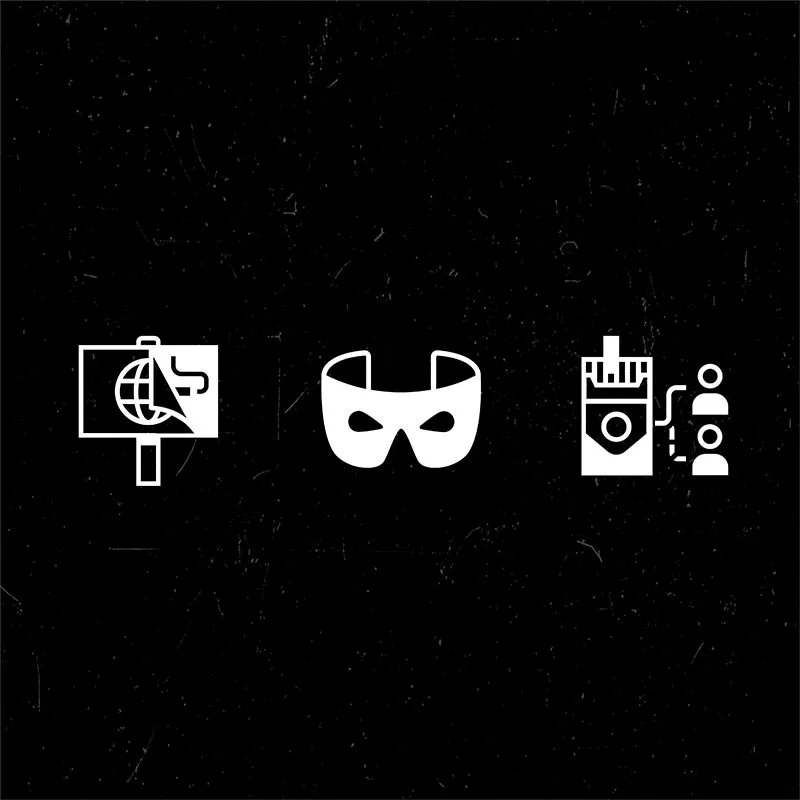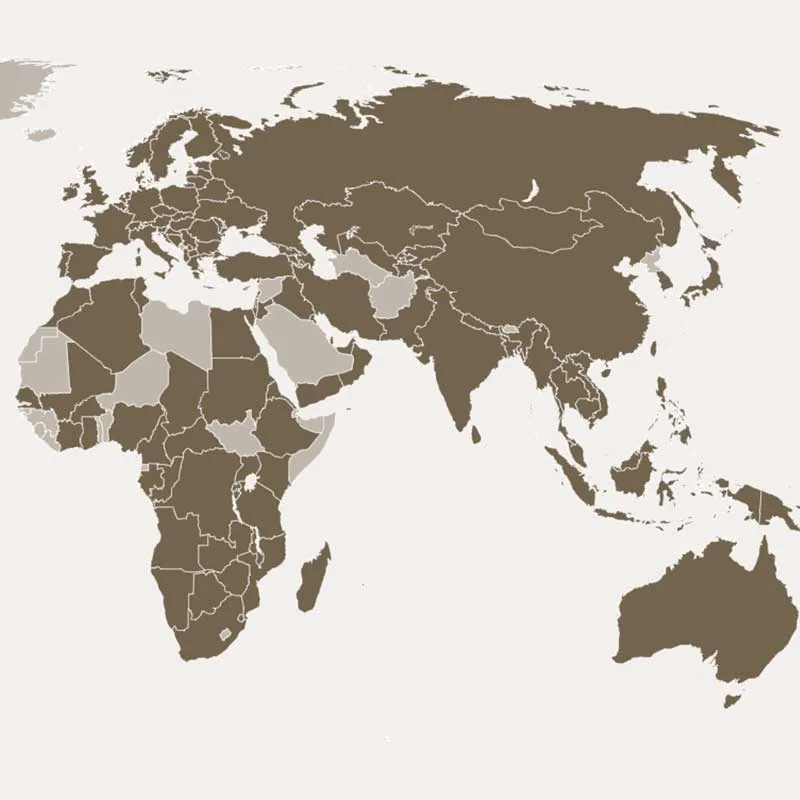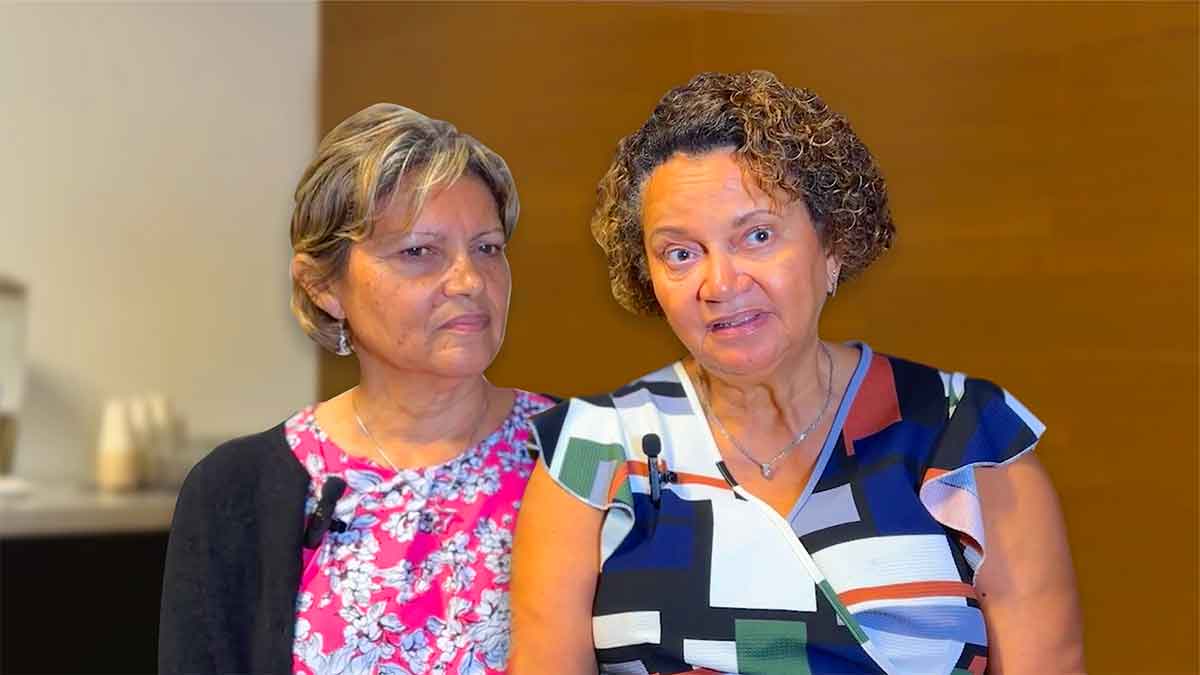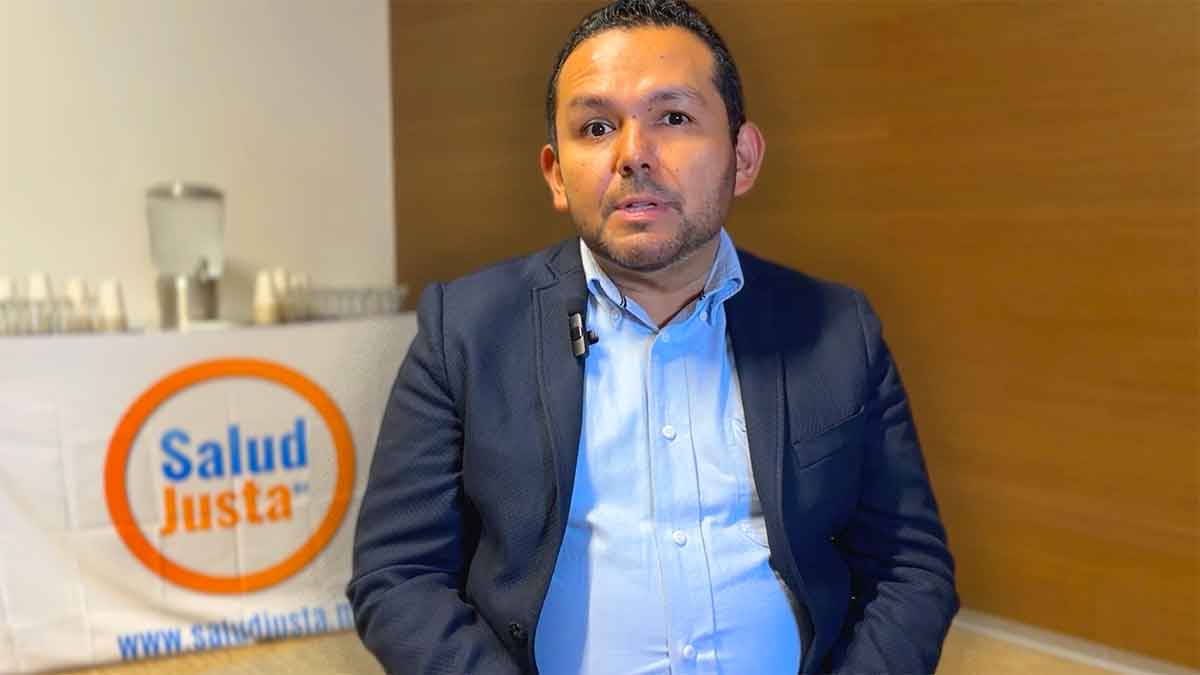- Resources
- News
-
-
Get Email Updates
Sign up for STOP's emails and never miss an update on our latest work and the tobacco industry's activity.
-
Get Funding
Ready to tackle industry interference? You could be eligible for a grant.
-
Share a Tip
Do you have information on tobacco industry misconduct in your country? Let us know.
-
Get Email Updates
Sabotaging Policy
November 08, 2022
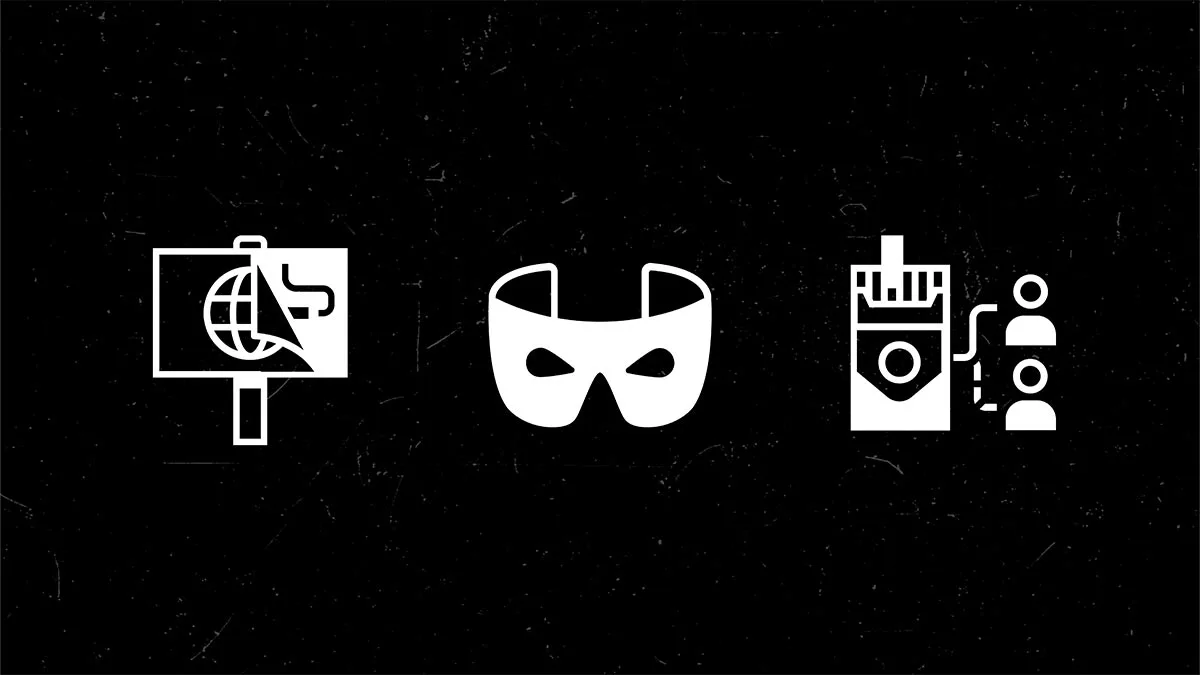
Tobacco industry allies—the groups, organizations and people who promote the tobacco industry’s agenda—can be hard to spot. With names that sometimes sound completely unrelated to the tobacco industry, and with industry ties sometimes deeply buried, policymakers may not always know when they’re interacting with an extension of the tobacco industry. Policymakers should always know when the industry or any of its allies are present in discussions, so that they can act to prevent undue industry influence over policies meant to protect people.
That’s why STOP created a searchable industry allies database in 2019. With recent updates that include nearly 30 more industry allies, the database is more comprehensive than ever.
Industry allies are present all over the world. STOP researchers have organized these allies into three categories: front groups, third parties and astroturf groups. Many of these seem independent from the industry, yet there is evidence of these organizations furthering the industry’s agenda. Allies might do things like lobby against tobacco control measures, advocate for tobacco companies’ newer products, promote so-called industry corporate social responsibility, or organize seemingly organic grassroots efforts that promote the industry’s products or narratives. Many of these allies receive funding or support from the industry.
Allies in important places
The allies recently added to the database represent a small portion of those serving the industry’s interests, but are notable in that they align with the tobacco industry’s supply chain. It appears that the industry has strategically placed allies along each major step—from farming, to retail to research—so that business and policy environments remain friendly to tobacco on all fronts.
For example, Aliansi Masyarkat Tembakau Indonesia (the Indonesian Tobacco Society Alliance) is a front group founded by Sampoerna, a tobacco company owned by Philip Morris International, and other industry-linked organizations. The group was established as a “forum for struggle for tobacco farmers” and other stakeholders in the supply chain. It has regularly lobbied against tobacco control measures such as tobacco advertising bans and increases in tobacco taxes.
Another newly added ally represents multiple steps in the supply chain, including manufacturing. The Tobacco Institute of India (a third party established by India’s leading cigarette manufacturer, ITC, and affiliates of transnational tobacco companies) has lobbied against tobacco control measures such as health warnings on packaging and tobacco taxes.
Retailers are represented by newly added third parties such as the Scottish Grocers’ Federation, the Australian Association of Convenience Stores and the Master Grocers Association. In addition to opposing many tobacco control measures, the Scottish Grocers’ Federation, whose corporate members include the Big Four transnational tobacco companies, has opposed a Scottish tobacco display ban and lobbied against e-cigarette advertising and promotion restrictions.
A third party called the International Network of Nicotine Consumer Organisations states that it represents consumers of “low-risk, alternative nicotine products” and promotes the industry-defined version of “harm reduction.” The organization has received support from another ally, the Philip Morris International-funded Foundation for a Smoke-Free World, including a grant to influence the World Health Organization Framework Convention on Tobacco Control (WHO FCTC)’s Conference of the Parties (as was seen at COP8).

When they engage with decision-makers or attempt to influence public opinion, they lay the groundwork for the passage of policies that favor a harmful industry’s commercial gain over the well-being of people.
Other allies recently added to the database target other stakeholders the tobacco industry wants to influence, including policymakers (with Acción Técnica Social [Social Technical Action], based in Colombia), investors (with the Foreign Investors’ Chamber of Commerce & Industry, based in Bangladesh) and the general public (with the Prerona Foundation, based in Dhaka).
Influence in critical spaces
While these entities differ in location, size and scope, they have two critical things in common: apparent links to the tobacco industry and the promotion of the industry’s products or narratives.
The influence of these allies poses a big threat to public health. When they engage with decision-makers or attempt to influence public opinion, they lay the groundwork for the passage of policies that favor a harmful industry’s commercial gain over the well-being of people. All governments must take the necessary steps to protect the health and well-being of their people, and countries that are Party to the WHO FCTC are obligated to protect their policies from interference by the industry or those that further its interests. For them, engaging with allies leads to a violation of Article 5.3 of the WHO FCTC.
The list of tobacco industry allies is long, and growing. These recent updates show that the industry isn’t slowing down on its efforts to spread its narrative and priorities from every angle. To protect policies from the industry’s influence and to avoid portraying a deadly industry in a positive light (intentionally or not), people need to know when industry influence is present.
Researchers, policymakers, companies and the general public can explore the STOP industry allies database to see which entities—some of which they may already know of or work with—are furthering the industry’s agenda.
Reducing tobacco use around the world is a global effort, and it starts with shining a light on the biggest barrier to tobacco control, the industry and its allies.
